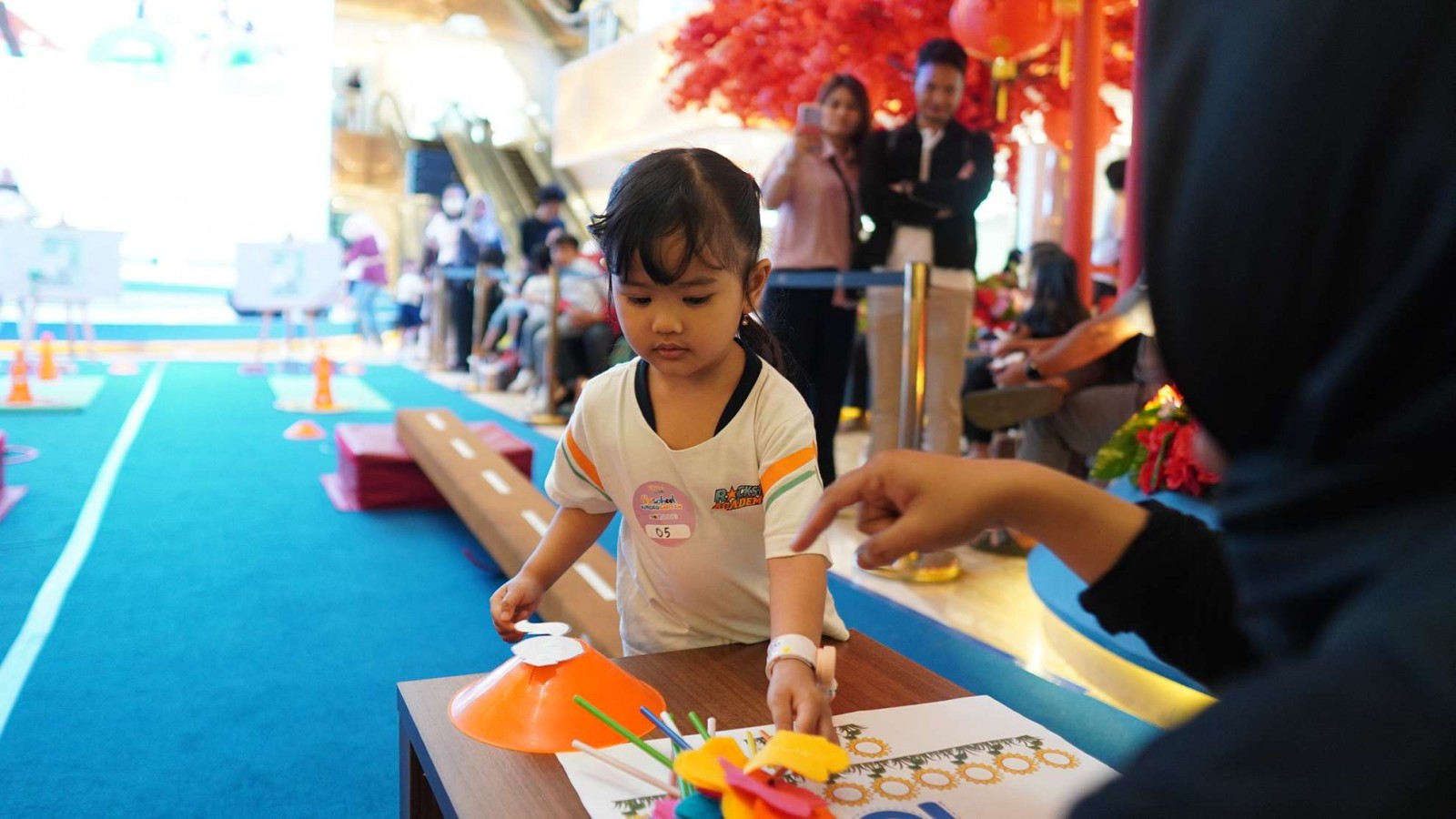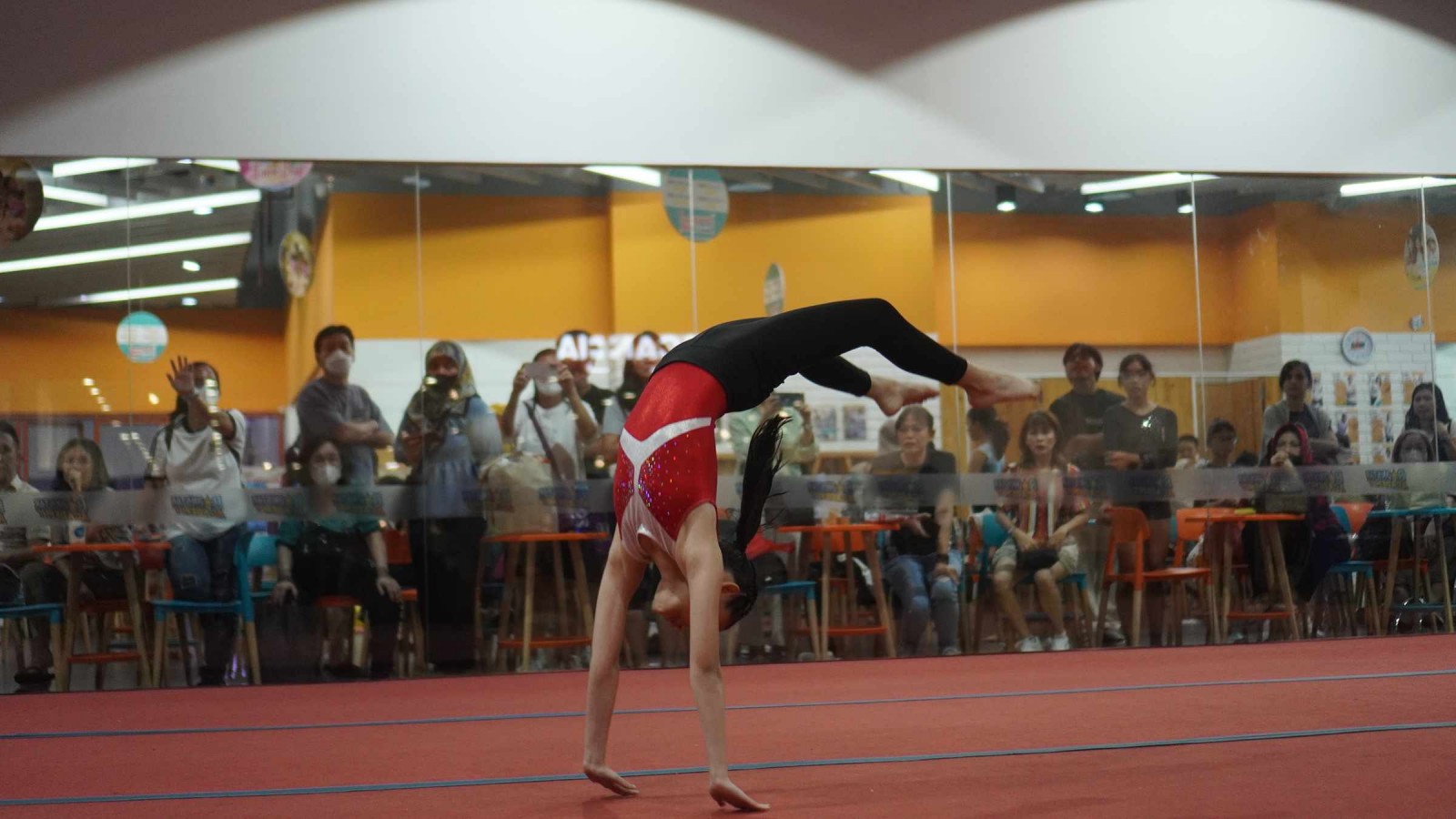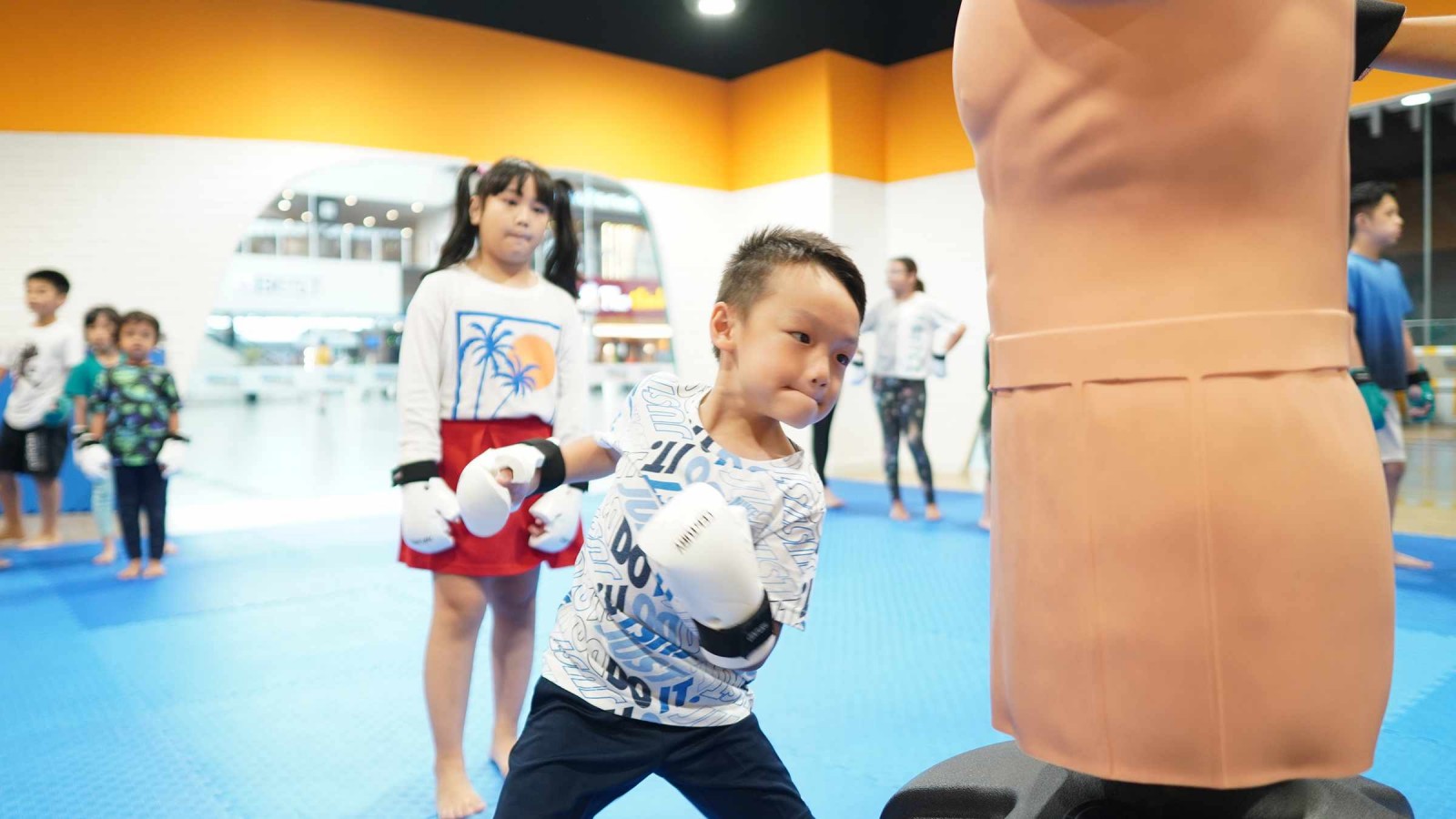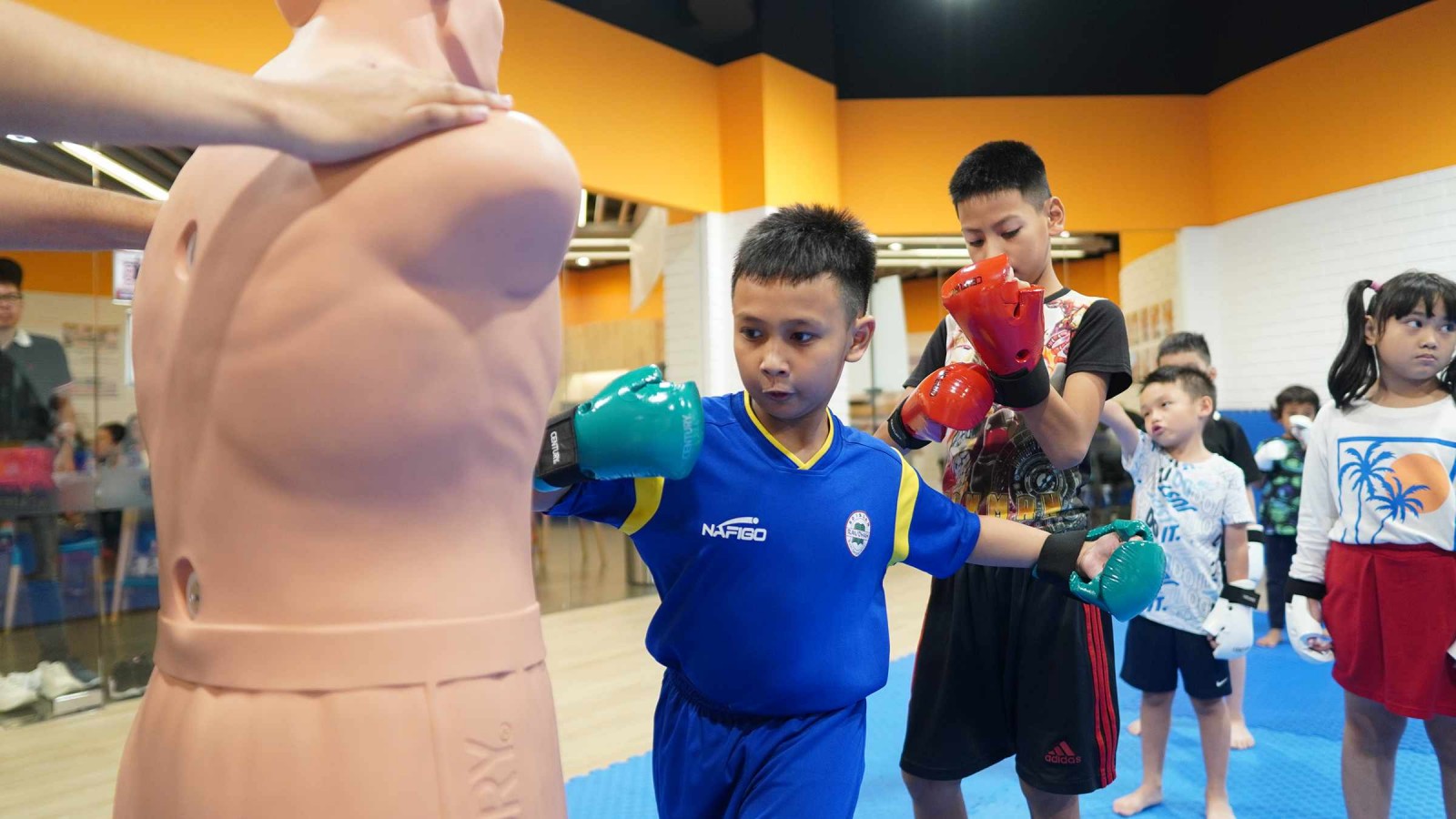Why is Play Important for Children? Exploring Types, Stages, and Play Ideas

Let’s talk about something every child loves to do—play! Play is so much more than just “fun time.” It’s actually a powerful tool that helps children grow, learn, and become who they are meant to be. In fact, researchers and child development experts all agree: play is one of the most important parts of childhood.
So, what exactly is play? Why is it so essential? What types of play are there? And how does play grow with your child? Let’s discuss it and uncover all the ways it benefits your little one!
What Is Play, Really?
At its core, play is any activity that is freely chosen, personally directed, and intrinsically motivated. In simple words, play is something kids choose to do for the joy of doing it. It’s how they explore the world, express themselves, and try new things without any pressure to “get it right.”
It can be:
- Physical (running, jumping, dancing)
- Imaginative (pretending to be a pirate or a chef)
- Constructive (building with blocks or LEGOs)
- Social (playing house with siblings or tag with friends)
Play doesn’t need fancy toys or expensive equipment as long as it thrives on curiosity, imagination, and freedom.
Learning Through Play Theories
Play is actually a powerful learning platform. Many famous child development theorists explain that through play, children explore ideas, build skills, and make sense of the world. Below are some of the most influential theories that highlight why play is essential for learning.
1. Piaget’s Cognitive Development Theory
Jean Piaget believed that children learn by actively exploring their environment.
Play is how children experiment, problem-solve, and discover.
How Play Helps Learning According to Piaget:
- Sensorimotor stage (0–2 yrs): Babies learn by touching, shaking, dropping, and manipulating objects.
- Preoperational stage (2–7 yrs): Pretend play helps them develop symbolic thinking and imagination.
- Concrete operational stage (7–11 yrs): Rules-based games help them understand logic and fairness.
2. Vygotsky’s Socio-Cultural Theory
Lev Vygotsky emphasized that children learn through social interaction. Play is most powerful when it involves guidance or collaboration with others.
Key Ideas of this theory:
- Zone of Proximal Development (ZPD): Children learn best when adults or peers help them reach a level just slightly beyond what they can do alone.
- Role-play: Pretend play builds language, self-regulation, and social understanding.
3. Erikson’s Psychosocial Development Theory
Erik Erikson believed that play helps children resolve key emotional and social challenges at each developmental stage.
Examples:
- Autonomy vs. Shame (1–3 yrs): Free play helps children gain confidence and independence.
- Initiative vs. Guilt (3–6 yrs): Imaginative play allows children to take initiative, make decisions, and act out ideas.
- Industry vs. Inferiority (6–12 yrs): Team games and skill-based activities build competence.
4. Froebel’s Play Theory
Friedrich Froebel, the founder of kindergarten, believed that play is the highest expression of human development in childhood.
Key Contributions:
- Children learn best through hands-on activities and creative materials (blocks, shapes, nature objects).
- Play nurtures curiosity, imagination, and a sense of connection with the world.
5. Maria Montessori’s Play Theory
Maria Montessori did not use the word “play” as often; instead she called it “work” of the child. But her theory still aligns closely with learning through play.
Core Principles:
- Children learn through self-directed activity.
- Materials are designed for independent exploration (puzzles, beads, sensory objects).
- Freedom to choose activities builds focus and problem-solving skills.
6. Susan Isaacs’ Play Theory
Susan Isaacs believed that intellectual and emotional growth happen naturally through play.
Her Key Ideas:
- Play helps children express feelings, resolve conflicts, and understand their experiences.
- Children use play to test ideas (e.g., “What happens if…?”).
- Teachers should observe children’s play to understand their thinking.
7. Mildred Parten’s Stages of Play
Mildred Parten identified six stages of play, showing how children’s social skills grow over time:
- Unoccupied Play – Random movements; exploring surroundings.
- Solitary Play – Playing alone.
- Onlooker Play – Watching others but not joining in.
- Parallel Play – Playing side by side without interacting.
- Associative Play – Playing together but not yet fully cooperating.
- Cooperative Play – Working together with shared goals.
8. Loris Malaguzzi & the Reggio Emilia Play Theory
Reggio Emilia views children as capable, curious, and full of potential.
Play is considered a form of expression, just like language.
Key Concepts:
- Children have “a hundred languages” ways of expressing ideas (art, movement, storytelling, building).
- Play projects are long-term and based on the child’s interests.
- Teachers act as partners who observe, document, and extend play.
Why Is Play So Important for Children?
You might be surprised just how many skills are built during play. It’s not just about keeping kids entertained but also about shaping who they become.
Here are some powerful benefits of play:
1. Boosts Brain Development
Play stimulates a child’s brain in incredible ways. Through play, children develop:
- Problem-solving skills
- Creativity and imagination
- Language and communication
- Memory and concentration
In fact, research shows that playful experiences help form neural pathways in the brain, supporting long-term learning and emotional regulation (Ginsburg, 2007).
2. Supports Emotional Growth
When kids play, they utilize play-based learning and learn how to manage emotions, deal with disappointment, and express feelings. A child pretending their toy bear is sad is actually processing their own feelings in a safe, symbolic way.
3. Strengthens Motor Skills
Physical play like running, jumping, climbing, and throwing helps children develop gross motor skills (big movements) and fine motor skills (small movements like drawing or using scissors). These are crucial for everyday tasks like writing, tying shoelaces, or catching a ball.
4. Encourages Social Skills
Group play helps children learn how to take turns, share, cooperate, and resolve conflicts. These are vital life skills that help them form friendships, work in teams, and navigate social situations throughout life.
5. Play Supports Independence and Decision-Making
When kids lead their own play, they practice making choices, taking risks, and solving problems. This builds self-confidence and independence, making them feel capable and empowered. Play is also associated with better executive function (planning, focus, memory) in children (Child Neuropsychol, 2014).
6. Play Lays the Foundation for Academic Learning
Play actually prepares children for school success. It strengthens the same skills needed for reading, writing, math, and science which results in development like concentration, memory, and curiosity.
The Different Types of Play
Play comes in all shapes and sizes. Sometimes it’s wild and unpredictable, and sometimes it follows rules and has a set plan. Both styles of play are important for a child’s development, and each brings its own set of benefits.
A. Unstructured Play (a.k.a. Free Play)
Think of unstructured play as the kind of fun that just happens. There’s no plan, no strict rules, and no adults telling the child what to do or how to do it. It’s all about freedom, creativity, and going wherever the imagination leads.
This kind of play is especially great for emotional growth and teaching children how to adapt to new situations or deal with unexpected challenges. Since it's spontaneous and open-ended, kids are in charge of making their own fun.
Examples of unstructured play:
- Pretending to be pirates, chefs, or superheroes with no script or rules
- Drawing or painting freely, not following any instructions
- Building a cubbyhouse using blankets, pillows, and chairs
- Dancing around the living room to music
- Playing in the backyard, park, or even a big empty box!
B. Structured Play
Now, let’s talk about structured play. This type of play is a bit more organized. It usually happens at a set time and place, and often includes rules or guidance from an adult, teacher, or coach.
Structured play is fantastic for older children who are ready to learn how to follow instructions, work as a team, and develop specific skills. It gives children the chance to challenge themselves within a safe framework, which builds discipline, focus, and confidence.
Examples of structured play:
- Kicking a ball in soccer practice
- Swimming lessons or toddler water play classes
- Dance, music, or drama classes
- Family game nights with board or card games
- Attending storytelling time at the library
How Play Grows with Your Child
As kids grow up, the way they play changes, and that’s a good thing! Their bodies get stronger, their brains get smarter, and they start to play in new, more exciting ways.
When children are little, they might just look at a toy or shake a rattle. But as they get older, they start to get more creative. Sometimes, they might need more space to run around or extra time to really get into their play.
Screen Time is Not Playtime
In today’s digital world, screens are everywhere—TVs, tablets, smartphones, and computers. While screen time can teach and entertain children, it’s important to remember one key truth: screen time is not the same as playtime.
Playtime involves movement, imagination, and real-world interaction. It helps children build social skills, develop creativity, strengthen motor abilities, and understand emotions. When a child plays with toys, interacts with friends, or explores their environment, their brain is actively learning in a dynamic, hands-on way.
Screen time, on the other hand, tends to be passive. Even when the content is educational, children are still sitting, watching, or tapping instead of using their full range of senses and physical skills. This is why screens cannot replace real, interactive play.
When children spend too much time in front of screens can affect their development and well-being in several ways:
- Sleep problems due to blue light and overstimulation
- Reduced attention span and difficulty focusing
- Less physical activity, which can affect overall health
- Social delays because children miss opportunities for face-to-face interaction
- Behavioral issues such as irritability or emotional dysregulation
- Language development delays, especially in younger children
- Exposure to inappropriate content, which can cause fear, confusion, or misbehavior
These concerns are backed by child development experts. [American Academy of Child and Adolescent Psychiatry, 2025].
Fun and Easy Play Ideas Based on Their Ages
There are so many simple, creative ways to engage your child at every age. Below are fun, age-appropriate ideas with easy steps on how to do them.
1. For Toddlers (1–3 years)
.png)
Toddlers are curious little explorers who learn through touching, moving, and observing the world around them. They love repetition, simple games, and anything that involves their senses. What you can do:
- Water Play: Fill a shallow tub or bucket with water. Add plastic cups, spoons, and floating toys. Let your toddler pour, splash, and scoop.
- Bubble Popping Game: Blow bubbles and encourage your toddler to chase and pop them. You can do it indoors or outdoors.
- Sticky Paper Wall Art: Tape a piece of contact paper (sticky side out) to the wall. Give your toddler lightweight items like cotton balls, foam shapes, or fabric scraps to stick.
2. For Preschoolers (3–5 years)
.png)
Preschoolers are bursting with imagination and energy. They enjoy pretend play and love turning everyday objects into part of their stories. Several ideas you can try:
- Create a mini grocery store
- Build forts with pillows
- Simple role-playing (like “restaurant”)
3. For School-Age Children (6–8 years)
.png)
These kids are ready for more structure, challenges, and teamwork. They enjoy creative projects and physical activities. Play activities for school-age kids:
- Science experiments (like making slime)
- Puppet shows with socks
- Backyard obstacle course
- Scavenger hunts
- Dress-up challenges
- Art corner with crayons, paint, and paper
- Nature walks
- Sand play
- Ball games or jump rope
4. For Older Kids (9–12 years)
.png)
Older children love games that involve creativity, strategy, or friendly competition. They also enjoy projects they can do independently or with friends. Play can be interesting as:
- Mini Theater or Puppet Show
- Backyard Camping or Picnic
- Make Your Own Board Game
Supporting Your Child’s Growth Through Play
In the end, play is so much more than just a way to pass the time. From the tiniest toddler stacking blocks to the big kid putting on a puppet show, every form of play helps shape their future.
And as a parent, one of the best ways to support your child’s development through play is by choosing the right early childhood education. That’s why we encourage you to enroll your little one in the Preschool & Kindergarten program at Rockstar Academy.
Here, play meets purpose—laying the foundation for academic excellence while preparing children for a smooth transition into formal schooling. As the leading Sports & Performing Arts Academy, Rockstar Academy also offers a variety of fun and enriching physical activity programs that help kids grow strong in both body and mind.
Our Preschool & Kindergarten program goes beyond fun and learning since we also introduce young students to the excitement of friendly competition through our exclusive Elite Championships.
These regular events are more than just games, as they play a vital role in encouraging physical activity, building discipline, and instilling important life values like sportsmanship, confidence, and resilience.
Best of all? You can try it out first with a free trial class. Let your child learn, laugh, and start their Rockstar journey today!
FAQ
How much time should kids spend playing every day?
Experts recommend at least 1 hour of active play daily, but more is better—especially if it’s a mix of active, imaginative, and social play.
Is screen time considered play?
Some digital games can be playful, but screen time shouldn’t replace physical or imaginative play. Real-world play offers richer developmental benefits.
My child plays alone a lot—is that okay?
Absolutely! Solitary play is healthy, especially when balanced with time for social interaction. It builds independence and concentration.



